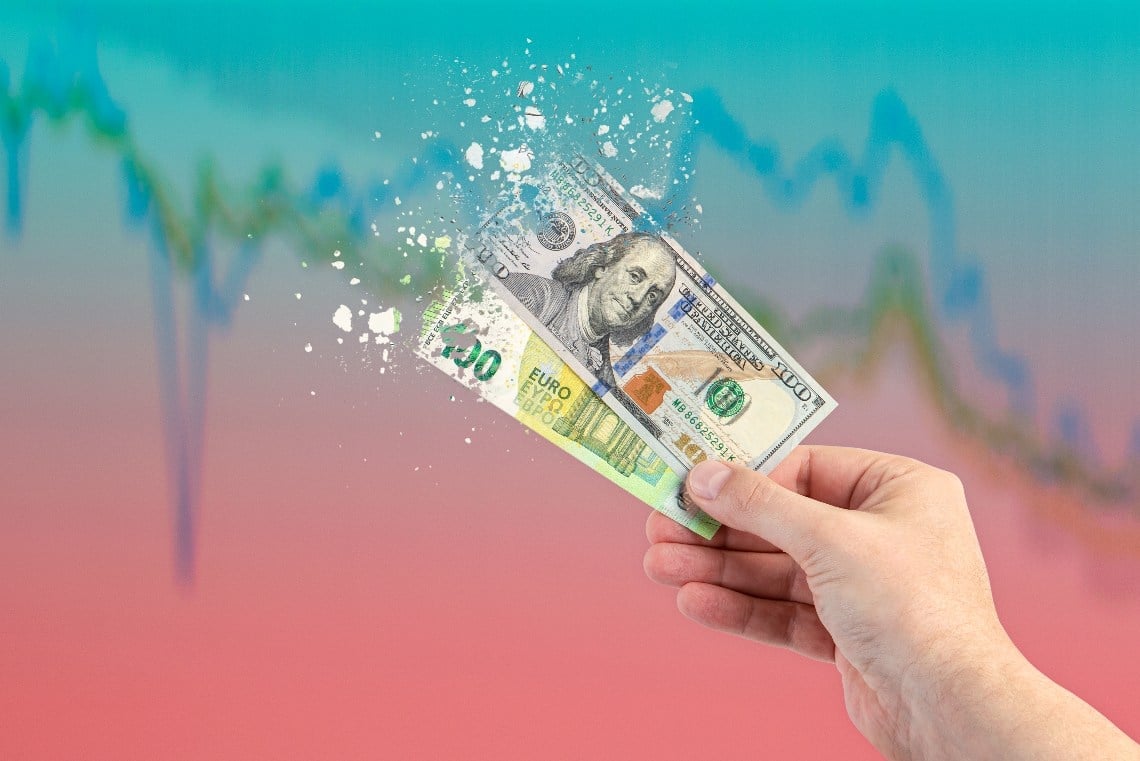With the US inflation rate at more than 6%, most economists believe the time has come for the financial authorities to intervene to control the rise in prices that threatens to undermine the economic recovery.
The White House will finance $1 billion
The US is experiencing some of its worst inflation in forty years and the Federal Reserve and the White House are considering countermeasures to deal with what, along with the emergence of the Omicron variant, is expected to be one of the worst threats to the economic recovery.
The White House considers the monopolistic policies of big companies to be the main culprits of the price increase and is trying to take action to help the worst affected sectors. Last week it announced that it will provide $1 billion to fund an aid programme for independent meat and poultry producers, with the aim of reducing the four powerful meat producers that the Biden administration has held responsible for rising consumer prices.

Big monopolies cause inflation
Biden, during an event at the White House, said:
“I’ve said it before and I’ll say it again: Capitalism without competition isn’t capitalism. It’s exploitation. That’s what we’re seeing in meat and poultry and those industries now. Small, independent farmers and ranchers are being driven out of business — sometimes businesses that have been around for generations. It strikes at their dignity, the respect and the family legacy so many of them carried for generations”.
In November, President Biden asked the Federal Trade Commission to investigate whether oil and gas companies were improperly raising energy prices.
The Federal Reserve has already hinted that it is prepared to raise interest rates to try to cool rising prices. But many economists believe that these measures are merely palliatives to deal with a situation that is becoming increasingly explosive.
Price controls against inflation?
Some economists believe it is time to think about more drastic solutions such as price controls, as Marion Nestle of New York University told the New York Times in recent days.
But her colleague Isabella Weber of the University of Massachusetts, in an editorial in The Guardian was even clearer:
“We have a powerful weapon to fight inflation: price controls. It’s time we consider it”.
Nobel Prize-winning economist Paul Krugman, who tweeted that Weber’s ideas were nonsense. Democratic economist Larry Summers, Treasury secretary from 1999 to 2001, said on Twitter that the idea that antitrust policy could be used to reduce prices amounted to “scientific denial”.
But Weber notes how price controls on certain goods, such as pharmaceuticals or rents, are in fact already applied in some states and have had positive effects on inflation. In her article, Weber cites the example of the Roosevelt administration during World War II, which set up the Office of Price Administration to enforce strict price controls.

